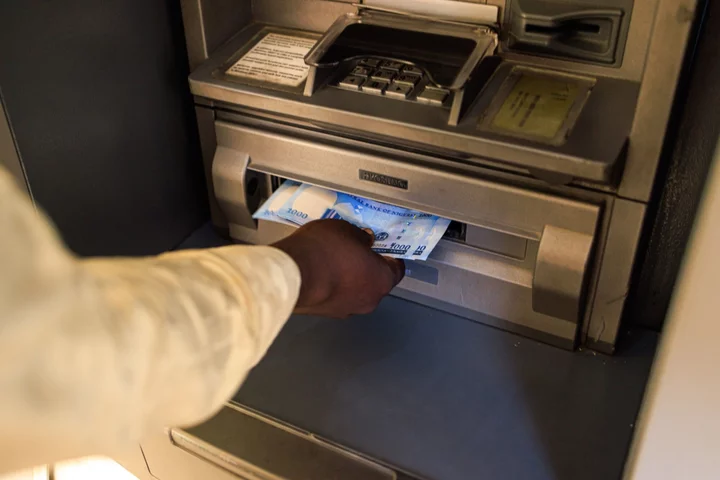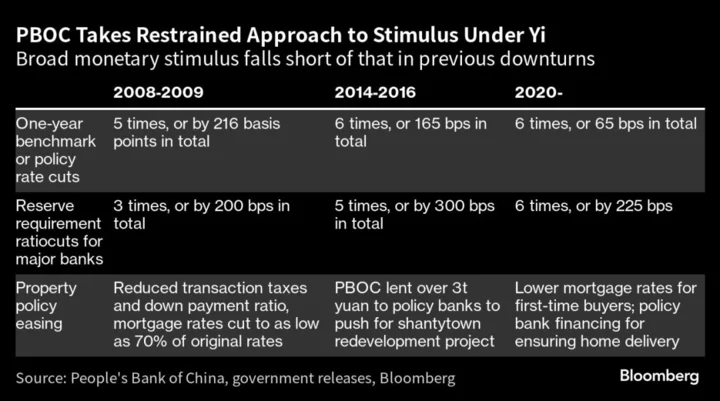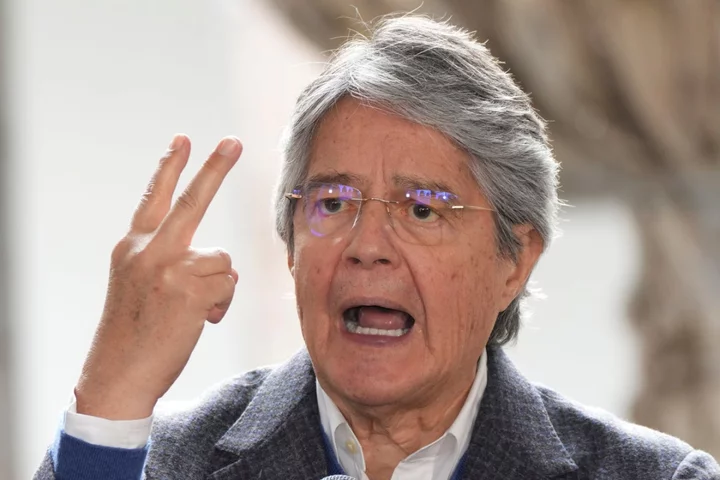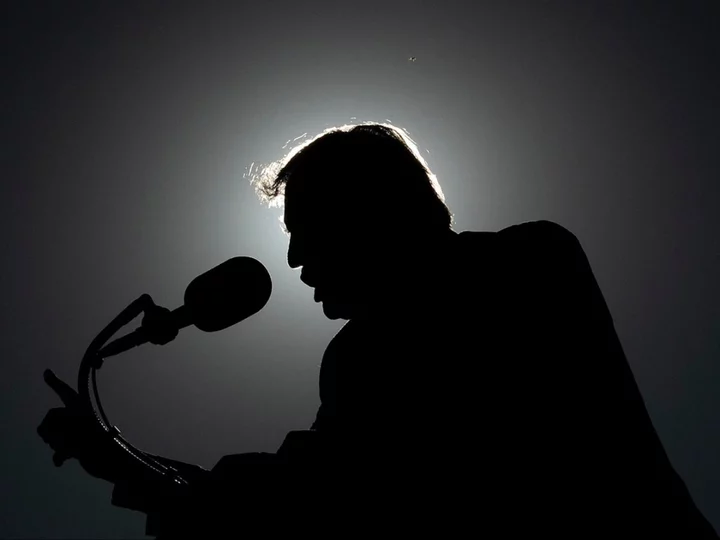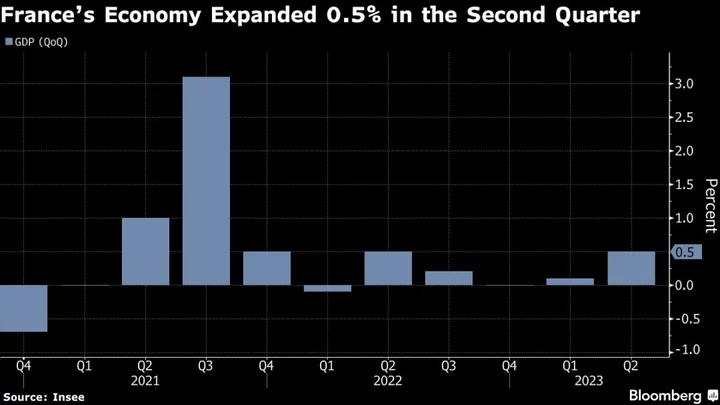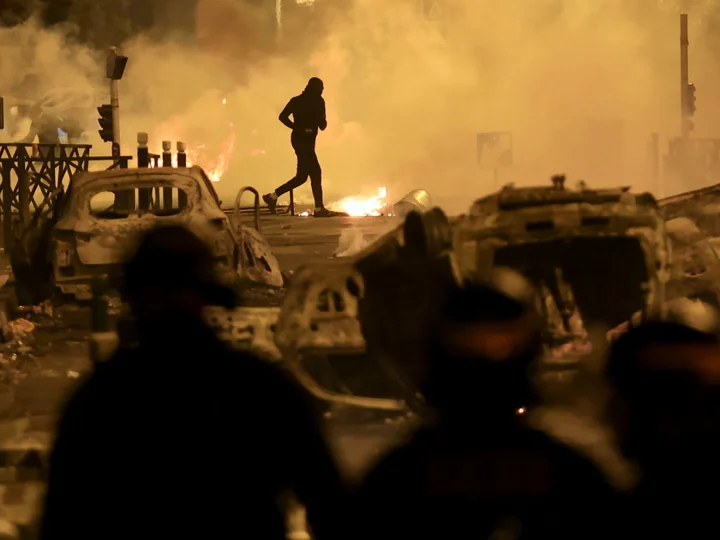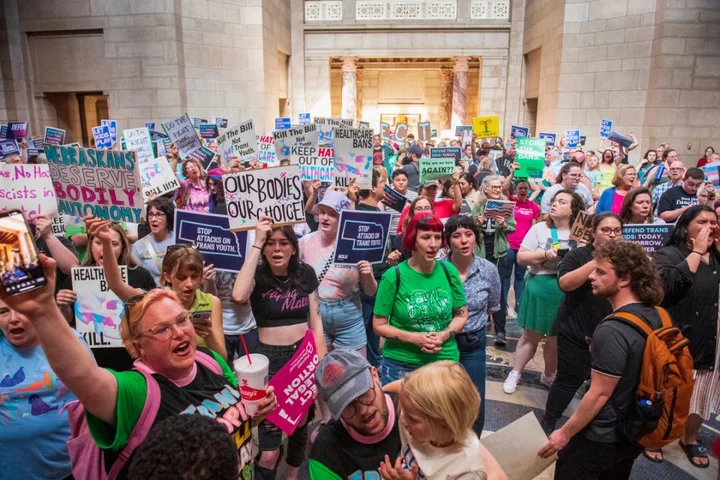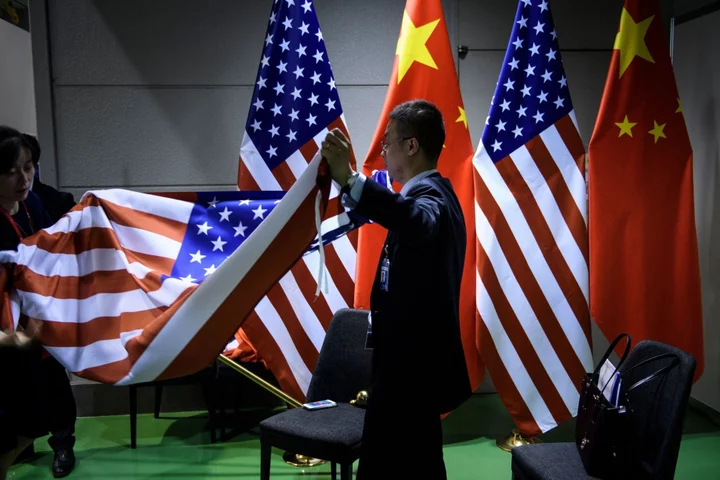The Nigerian naira extended its slump in black-market trading as the nation’s dollar shortage deepened two months after the central bank moved to a more flexible exchange rate to encourage inflows.
The currency of Africa’s biggest crude oil producer weakened to 923 naira per dollar, compared with 917 naira the day before, according to Umar Salisu, a bureau de change operator who tracks currency data in the nation’s commercial capital. Banks are unable to come up with the dollars to meet demand, and buyers are increasingly turning to the black market, widening the gap between the official exchange rate and the price on the street.
Nigeria’s central bank eased foreign exchange controls in mid-June as it sought to simplify its exchange-rate regime and kick-start dollar flows. That saw the official rate plunge 40%, briefly aligning with the black market.
But with dollar supply still limited relative to demand, the spread has continued to widen. It cost 782.38 naira to buy a dollar on Thursday at the official rate, according to FMDQ OTC Securities Exchange, the Lagos-based platform that oversees foreign-exchange trading.
“Companies are pricing dollars on the streets to import goods ahead of Christmas season sales and there are individuals buying dollars for vacation abroad,” Salisu said in a telephone interview. “Buyers said they’re not getting the dollar at the banks, so the pressure is seen on the street market.”
Part of the reason for the dollar shortage is the legacy of the government’s currency controls aimed at checking dollar demand. Now that the restrictions have been lifted, markets need to digest a heavy backlog of unmet requests.
--With assistance from Anthony Osae-Brown.

